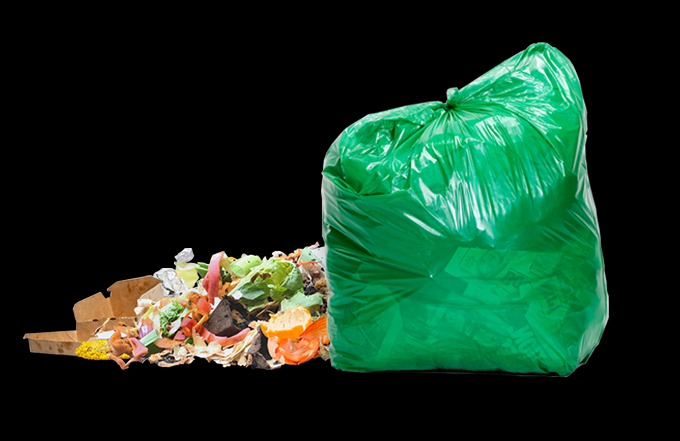Partnership Develops TPEs with Reduced Carbon Footprint
Teknor Apex and Israel’s UBQ Materials have jointly developed new line of Teknor sustainable TPEs.

Isreali climate tech developer of advanced materials made from unsorted household waste UBQ Materials, has partnered with custom thermoplastics compounder Teknor Apex Company to include UBQ’s sustainable plastic substitute in the latter’s latest line of sustainable TPEs.
UBQ is a globally patented sustainable plastic substitute converted entirely from unsorted municipal solid waste, including all organics, that have been diverted from landfills. UBQ already has been adopted by leading industry brands and enterprises for manufacturing durable products with reduced environmental footprints.
This partnership marks the first time UBQ will be used in TPE compounds. As the preferred material for applications requiring flexibility in the consumer products, automotive, industrial, and building & construction industries. TPEs combine the performance of thermoset rubber with the processability of a thermoplastic and can be recycled. Teknor Apex’s TPE production offerings are as diverse as the industries they serve—consisting of formulations specifically designed to meet market requirements for physical and thermal performance.

Within the last year, Teknor Apex and UBQ have developed a series of TPEs incorporating various levels of UBQ and high-quality post-consumer recycled raw materials. Said Teknor’s new business development manager Jonathan Plisco, “Incorporating UBQ into our TPEs, we are introducing the market to a new TPE option that is both cost-competitive and better for the planet. Many customers are looking for more sustainable options that meet both the functional and financial requirements of a competitive marketplace. Manufacturers can become a part of the waste solution by incorporating sustainable materials that divert waste and preserve finite natural resources.”
Related Content
-
Prices Up for PE, ABS, PC, Nylons 6 and 66; Down for PP, PET and Flat for PS and PVC
Second quarter started with price hikes in PE and the four volume engineering resins, but relatively stable pricing was largely expected by the quarter’s end.
-
Prices for PE, PS, PVC, PET Trending Flat; PP to Drop
Despite price increase nominations going into second quarter, it appeared there was potential for generally flat pricing with the exception of a major downward correction for PP.
-
Prices of All Five Commodity Plastics On the Way Up
Despite earlier anticipated rollover in prices for most of the volume commodity resins, prices were generally on the way up for all going into the third month of first quarter.





